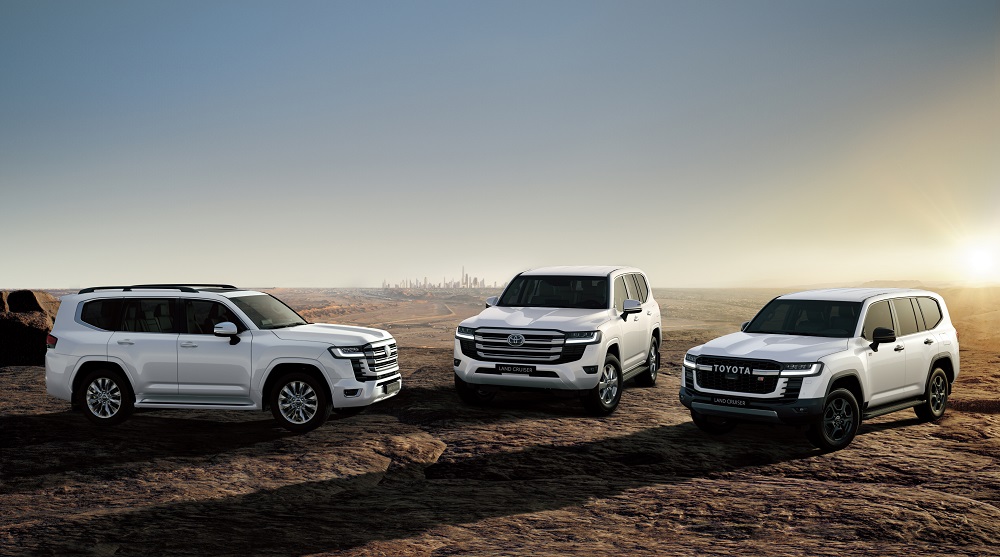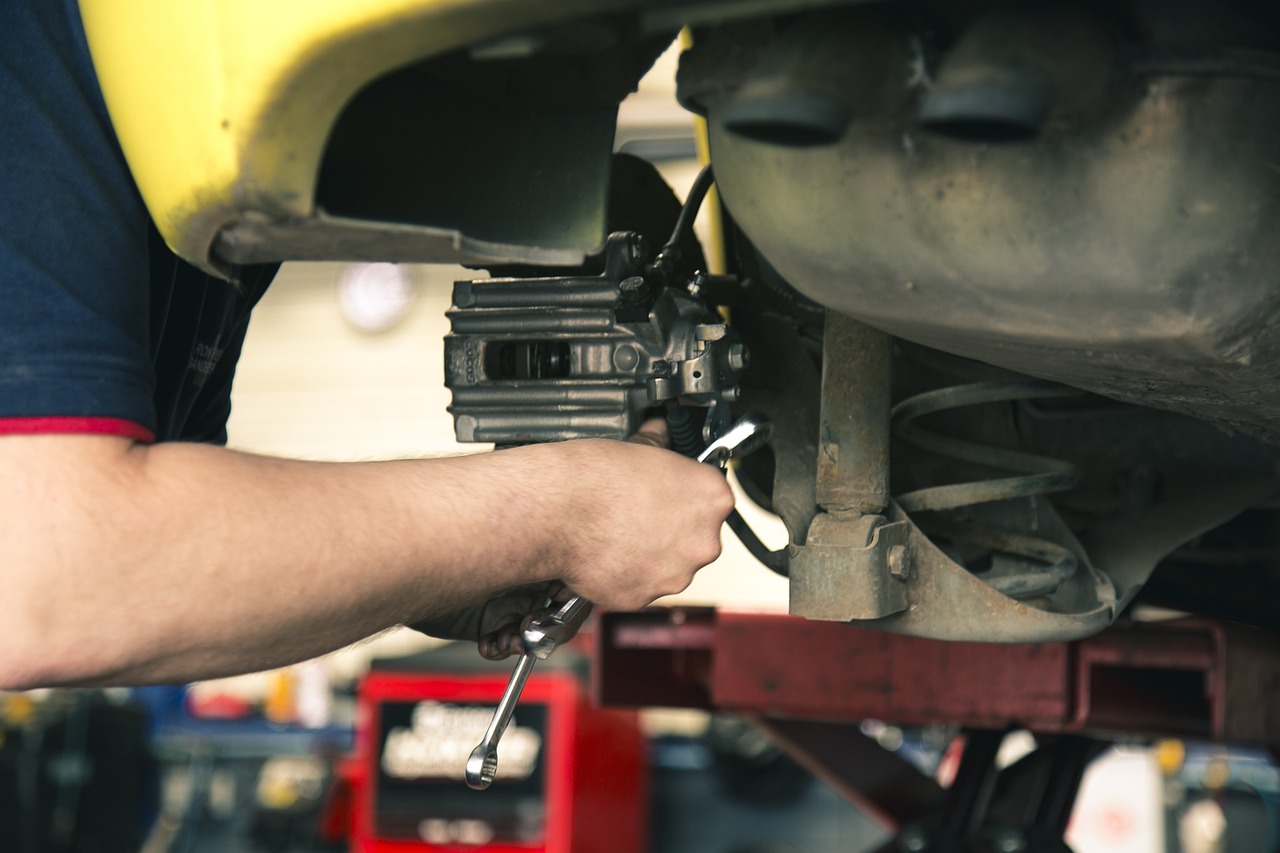Land Cruiser 80 model overview and features
The wagon type Land Cruiser appeared in 1989
Vehicles that fall into the wagon category, like the Land Cruiser 80, are designed to carry a lot of cargo along with a number of people.
The Land Cruiser 80 was a seventh generation wagon in the Land Cruiser family. The Land Cruiser was introduced in 1951, but it didn’t receive the official Land Cruiser moniker until 1954. Its wagon lineage started in 1956 with the FJ28V.
Until then, there were only short bodies in the lineup, but after the addition of the FJ28V, which has a slightly longer body and wheelbase, FJ35V, FJ43V/45V, FJ55V/56V, and the large 60 series (FJ60V/61V/ 62V/62G, BJ60V/61V, HJ60V/61V), the body gradually expanded. It is this long line of wagons that bring us to the Land Cruiser 80 of December 1989.
Land Cruiser 80 Background
Land Cruiser 80 developed with the aim of improving on-road performance
The Land Cruiser 80 is more than just a successor to the Land Cruiser 60. In order to introduce the Land Cruiser 80, it is necessary to touch on the differences from the Land Cruiser 60, so here is some of its history:
The North American vehicle has almost always been for pleasure over work, and the first Land Cruiser 60 offered buyers a source of fun. However, in Japan, the Land Cruiser 60 has always been considered a work vehicle due to its leaf spring construction that was more truck-like than passenger oriented, and the 4WD system had stayed the same over the course of its lifespan.
Changes to the suspension and 4WD system make it a model for everyday driving
The Land Cruiser 80 is equipped with coil springs that make the ride comfort equivalent to a passenger car, and the 4WD system is a full-time system such as the Audi Quattro’s system. These two changes alone make it clear that the Land Cruiser 80 is catering to those who want off-road ability combined with on-road comfort. This makes the Land Cruiser 80 popular for everyday driving.
Equipped with equipment that is luxurious, yet practical
Evolution is not just about mechanics. While increasing its practicality as a wagon, the Land Cruiser 80 began to pursue the interior luxury of a high-end vehicle. A body with soft lines that help offset the Land Cruiser’s toughness, a fully trimmed interior, seats upholstered in high-quality fabric (Ecsaine) and genuine leather all make the Land Cruiser 80 appealing. Toyota equipped the Land Cruiser 80 with air conditioning and audio equipment comparable to luxury passenger cars like the Crown.
Land Cruiser 80 style variations
One style for 9 years
After a long run of nine years, the Land Cruiser 80 series passed the baton to its successor, the Land Cruiser 100, in 1998. During those 9 years, Toyota stuck to one style with a 4-door body with a standard low roof. They did not offer the high roof like the Land Cruiser 60, and the 80 was more for passenger use than work.
On the other hand, Toyota made the rear gate a left-right hinged style, which made long-time fans happy. In terms of variations, most trim levels had the top and bottom rear opening like the Land Cruiser 60, but for a while the double door opening, which made loading and unloading luggage convenient, was left in some of the models.



